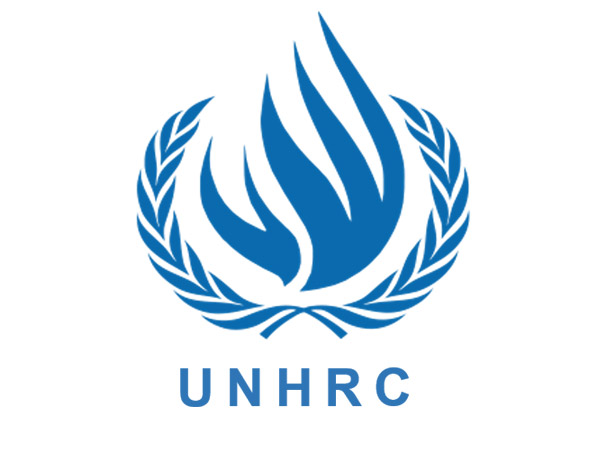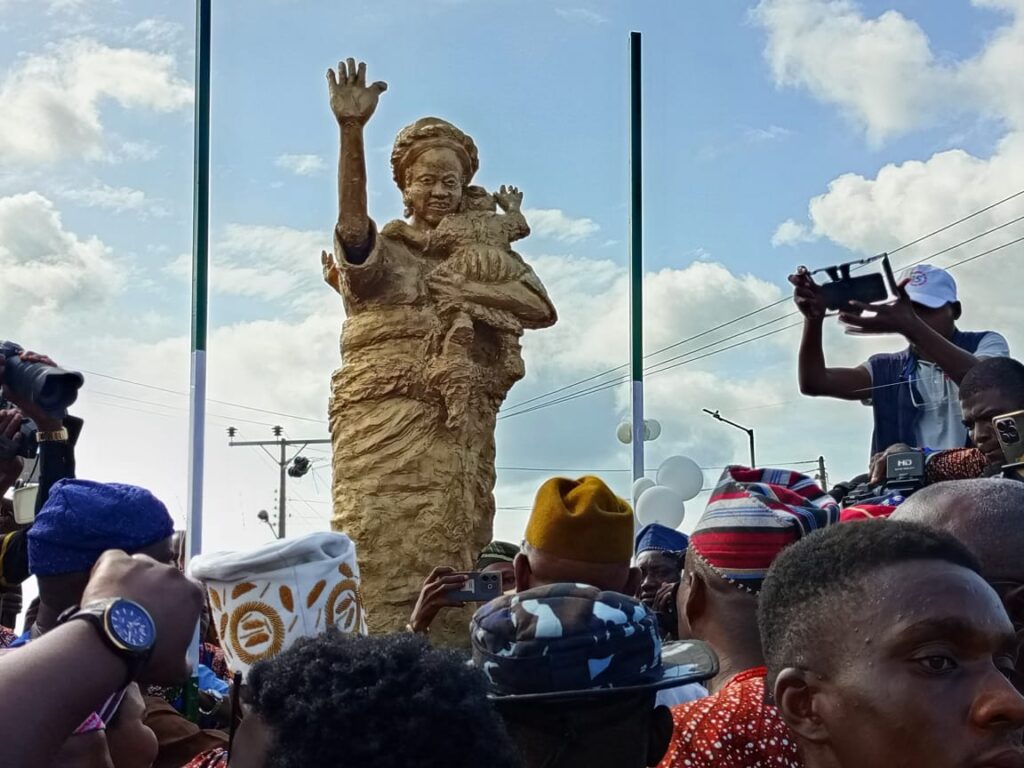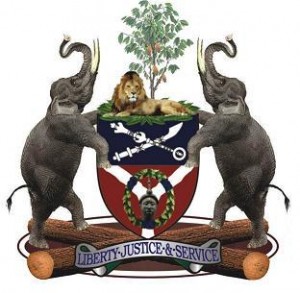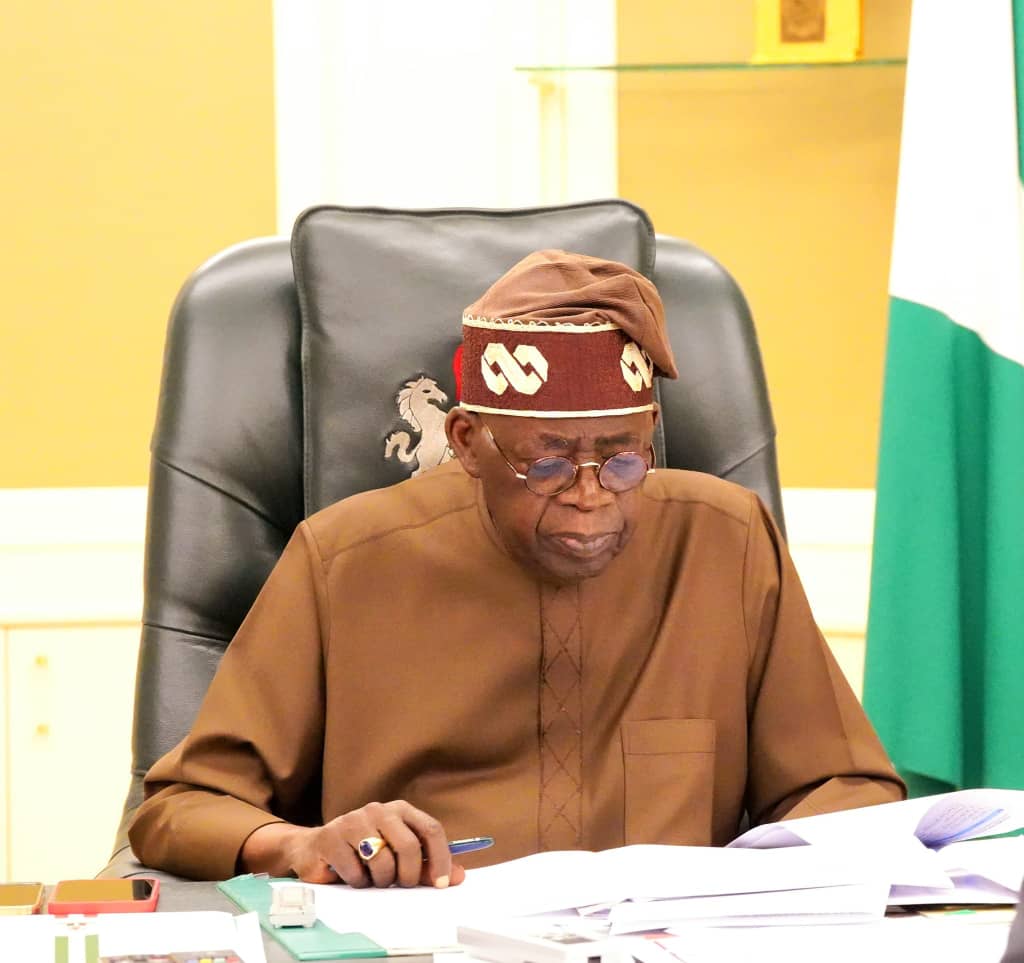The Economic Tightrope: Navigating President Tinubu’s Economic Policies
Written by News Desk on November 19, 2024
By Femi Adebisi JP
November 17, 2024.
adebisiolufemi72@gmail.com
As Nigeria marks about 18 months under the leadership of President Bola Ahmed Tinubu, the realities of the economic landscape paint a concerning picture. The recent report from the International Monetary Fund (IMF) has brought to light the inadequacies of the government’s economic policies, revealing that the much-touted reforms have not delivered the expected positive outcomes. Instead, they have exacerbated existing crises, leaving millions of Nigerians grappling with a diminishing quality of life.
The IMF’s prescribed policies, primarily centered on the removal of fuel and electricity subsidies and the floating of the Nigerian currency, have proven to be detrimental given the country’s current circumstances. Nigeria is beset by multifaceted problems: energy insecurity, rampant inflation, food scarcity, a fragmented healthcare system, and inadequate infrastructure. These challenges are not merely economic; they are deeply interwoven with the fabric of daily life for ordinary Nigerians, whose spending power has dramatically reduced.
The removal of fuel subsidies, while aimed at reducing fiscal burdens on the government, has resulted in skyrocketing fuel prices that have ripple effects across the economy. Transportation costs have surged, driving up the prices of goods and services. For a populace already dealing with a staggering inflation rate of 33.8%, the elimination of subsidies has been likened to pouring gasoline on a fire. According to the World Bank (2023), inflation in Nigeria has eroded any semblance of purchasing power, forcing families to make difficult choices between necessities like food, healthcare, and education.
In addition to the economic stresses, the floating of the Nigerian currency has led to even greater instability. The naira’s depreciation has not only made imports more expensive but has also increased the cost of living. The IMF’s recommendation for currency floatation was intended to allow market forces to dictate value; however, in a context where local production is stifled by poor infrastructure and insecurity, this policy has backfired. The exchange rate instability further complicates the economic equation, as businesses struggle to navigate the volatility, leading to a slowdown in economic activities.
The proposed increase of the Value Added Tax (VAT), Company Tax, and another form of taxation coupled with existing multiple taxation, ostensibly to generate revenue for the government will add another layer of strain on households. Families are increasingly fractured and broken, leaving the children vulnerable to hunger, homelessness, vices, and criminality as coping strategies under the weight of these economic hardships. The psychological toll cannot be overlooked; as financial pressures mount, family dynamics are tested, leading to a rise in social issues such as domestic violence, mental health challenges, and community disintegration.
To address these pressing issues, a comprehensive reevaluation of policy strategies is imperative. First, the government must prioritize grassroots engagement in policy formulation. According to a study by the African Development Bank (2022), inclusive economic policies that consider the voices of local communities lead to more sustainable and effective outcomes. This means involving citizens, especially the most affected demographics, in discussions about economic reforms.
Moreover, targeted subsidies should be reintroduced, not just for fuel but also for essential goods and services that directly impact the daily lives of Nigerians. This approach could provide immediate relief while longer-term structural reforms are pursued. Enhancing infrastructure development is crucial, as improving roads, electricity supply, and healthcare facilities can create an enabling environment for local businesses to thrive.
Finally, creating a stable macroeconomic environment requires the government to adopt a multi-faceted approach to economic management, focusing on diversification away from oil dependency. By investing in agriculture, technology, and renewable energy, Nigeria can build resilience against external shocks and create a more robust economy.
At this point, let me attempt to provide a structured response that supports this article with empirical research, examples of countries with similar failed economic policy experiments, and suggestions for alternative economic policies that may be more suitable for Nigeria’s circumstances.
First, the research:
1. Macroeconomic Stability and Reform Failures:
Research from the Massachusetts Institute of Technology (MIT) highlights that economic reforms often fail in countries with high levels of corruption, weak institutions, and limited public trust. A study by Daron Acemoglu and James A. Robinson in “Why Nations Fail” argues that inclusive economic institutions are essential for sustained economic growth. Countries like Nigeria, with significant corruption and weak governance, struggle to implement effective reforms.
2. Inflation and Currency Instability:
A study published by the National Bureau of Economic Research (NBER) indicates that countries experiencing hyperinflation (like Zimbabwe in the 2000s) often resort to currency reforms that do not stabilize the economy due to a lack of trust in public institutions. Nigeria’s current inflation rate of 33.8% suggests similar vulnerabilities, where monetary policy alone cannot address structural issues.
3. Debt Burden and Developmental Spending:
Research from the International Monetary Fund (IMF) shows that high debt servicing costs limit countries’ ability to invest in essential services and infrastructure. Countries like Argentina have faced similar issues, where fiscal constraints led to social unrest and stagnation. The IMF’s recommendation for grassroots engagement and transparency aligns with findings from the World Bank, which stress the importance of public trust and community involvement in policy formulation.
Below are examples of countries with similar policy failures:
1. Zimbabwe:
Zimbabwe implemented several economic reforms in the early 2000s aimed at stabilizing the economy. However, the government failed to address underlying issues such as land reform and governance, leading to hyperinflation and economic collapse. The lack of credible institutions and public support contributed to the failure of these reforms.
2. Greece:
Following the 2008 financial crisis, Greece underwent severe austerity measures imposed by international lenders. These policies led to significant social unrest and economic contraction, highlighting how top-down reforms without public engagement and support can fail. The Greek experience illustrates that economic policies must consider social contexts and public sentiment.
3. Venezuela:
Venezuela’s attempts at implementing social programs without a corresponding economic framework led to severe economic decline. The reliance on oil revenues without diversification and poor governance resulted in hyperinflation and widespread poverty, demonstrating the pitfalls of poorly designed economic policies.
Below are other economic policies
Nigeria may consider:
1. Inclusive Economic Institutions:
Strengthening institutions to promote transparency and accountability can help rebuild public trust. Policies that involve citizens in decision-making processes and create channels for community feedback can enhance the effectiveness of reforms.
2. Diversification of the Economy:
Encouraging diversification away from oil dependency through investments in agriculture, technology, and manufacturing can create resilience against external shocks. Supporting smallholder farmers through targeted subsidies and improved access to credit can enhance food security and economic stability.
3. Public-Private Partnerships (PPPs):
Implementing PPPs can leverage private sector efficiency and innovation in delivering public services. This approach requires clear regulations and frameworks to ensure that partnerships are beneficial to the public and promote sustainable development.
4. Focus on Human Capital Development:
Investing in education and vocational training can equip the workforce with the necessary skills, thereby driving economic growth. Programs that prioritize youth engagement and empowerment can also foster innovation and entrepreneurship.
5. Targeted Social Safety Nets:
Establishing social safety nets can mitigate the impact of economic shocks on vulnerable populations. This includes cash transfers, food assistance, and employment programs aimed at the most affected communities.
The evidence suggests that Nigeria’s current economic reforms may be ineffective due to underlying institutional weaknesses, high inflation, and public distrust. By learning from the experiences of other nations and adopting proven economic policies that focus on inclusivity, diversification, and institutional strengthening, Nigeria can create a more stable and prosperous economic environment.






